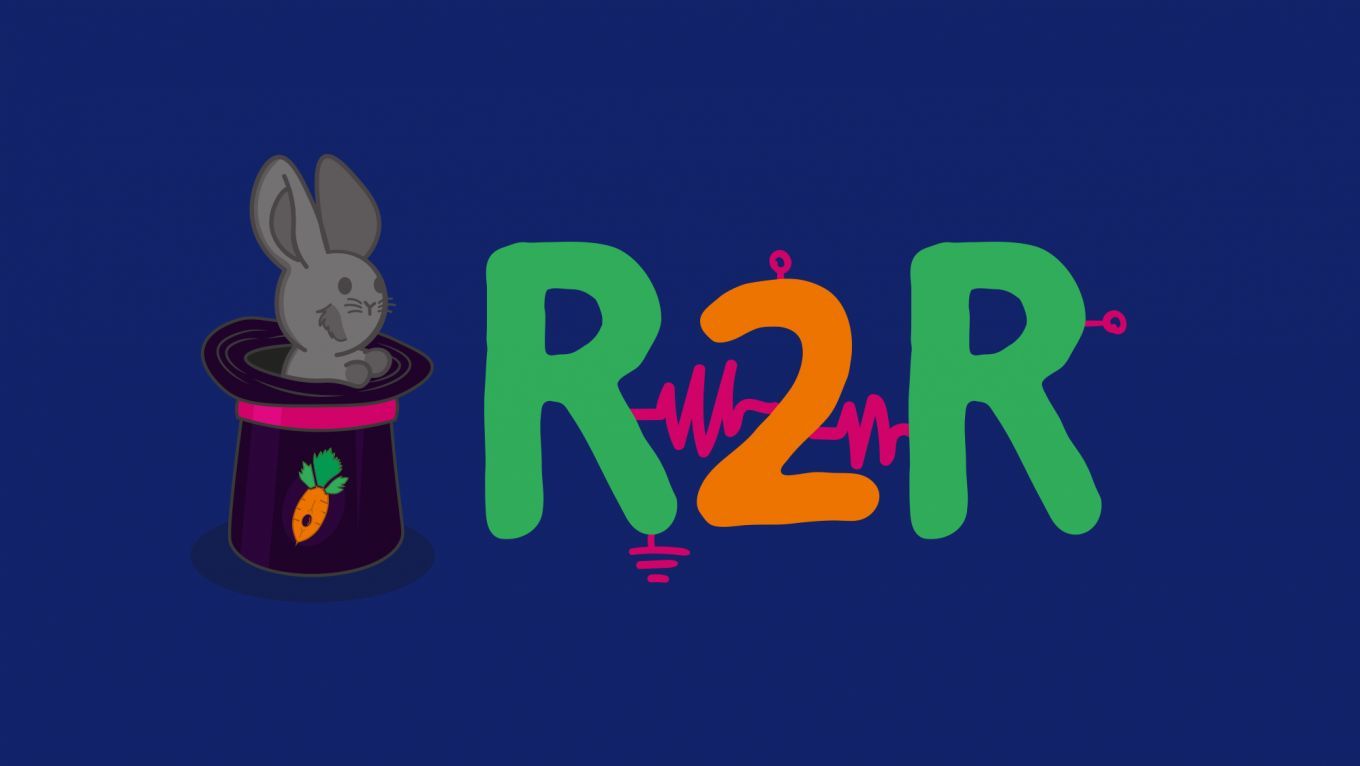Economy
Dark patterns - What they are and what having to implement them says about your job
If you use the web regularly, you probably keep running into sites that seem to be built to be _unusable_.
Thinking that it's better to assume incompetence than malevolence (and because you don't really have much of a choice) you disregard that thought and continue on with using the site.
However, sometimes people actually do act malevolently and often times building a bad user experience can lead to larger profits: People who abandon their attempt to cancel some subscription, accept to receive newsletters and store whatever tracking cookies one throws at them, simply because they are too tired from having to navigate the other options, end up being seen as more "valuable" customers.
In this talk I want to have a look at those dark patterns from the perspective of both an end user and a developer who's had to implement them to pay their rent.
I want to show you how to find dark patterns (so you can complain about them, if you're able to, which might lead to their removal) and why a job where you're asked to build them is probably not worth keeping.
Weitere Infos
| Format | Talk/Performance (30 minutes plus Q&A) |
|---|---|
| Sprache | Englisch |
Weitere Sessions
| 02.04.21 |
Achtung Datenschutz! Jetzt wird es wild. Begleitet uns auf einer Safari durch den wilden Dschungel der Umsetzungen. Nix für schwache Nerven.
|
| 02.04.21 |
The Anthropocene brings with it a frighteningly wide range of environmental crises -- climate change, ocean acidification, pollution, rising extinction rates and risks of zoonotic pandemics, just to name a few. We speak about these as if they were tied together, but it is actually rather hard to say how exactly this is. In this talk, I will analyse some aspects of the Anthropocene with regard to their "problematicness", just as programmers might think through the problem definition, necessary ...
|
| 02.04.21 |
Nach dem "WirVsVirus"-Hackathon der Bundesregierung verbreitet sich die Idee, dass Hackathons unsere Welt retten können, immer weiter. Ganz so einfach ist das nicht. Ein Vortrag über Sinn und Zweck von Hackathons, gesellschaftliche Veränderung, Digital-Hypes und diskriminierende Strukturen – und wie wir es besser machen könnten.
|
| 02.04.21 |
Jedes Jahr werden viele Computer entsorgt, obwohl sie noch funktionieren. Eine andere Realität ist auch, dass es Menschen gibt, die sich keinen Computer leisten können. Gerade Schülern aus ökonomisch benachteiligten Haushalten wird der Start in die digitale Welt erschwert. Im Leipziger Hackspace dezentrale e. V. wurde das Hardware For Future-Projekt im Frühjahr 2020 gegründet. In ehrenamtlicher Arbeit werden Computer aufbereitet, Linux bildet dabei die Basis. Mit Hilfe von zahlreichen ...
|
| 02.04.21 |
Biometrische Überwachung ist bei uns angekommen. Staatliche Akteure begnügen sich noch mit Feldtests und Aufrüstung. Private Akteure wie pimeyes und Clearview AI werten längst unsere biometrischen Daten aus und legen unsere Gesichter in Datenbanken ab. Wir zeigen Euch, wo noch in Deutschland und Europa heute schon biometrische Überwachungstechnologien eingesetzt werden. Wenn wir jetzt nichts tun, werden wir bald auf jedem Schritt und nicht nur bei jedem Klick erfasst und überwacht. Daher ...
|
| 02.04.21 |
Q&A: All Creatures Welcome zeichnet ein utopisches Bild der Gesellschaft im digitalen Zeitalter. Begleitet vom Appell “use hacking as a mindset”, taucht die Zuschauer*in in ein dokumentarisches Abenteuerspiel ein und erkundet die Welt der digitalen Communities bei den Veranstaltungen des Chaos Computer Clubs, Europas größte Hackervereinigung.
|
| 03.04.21 |
Eine praktische Anwendung des IPv6 Internets, um Verbindung zu entfernten Maschinen aufzunehmen, ohne Software, ohne "Fummel und Gemurkse" dazu einfache Grundlagen zu IPv6-Adressen.
|

